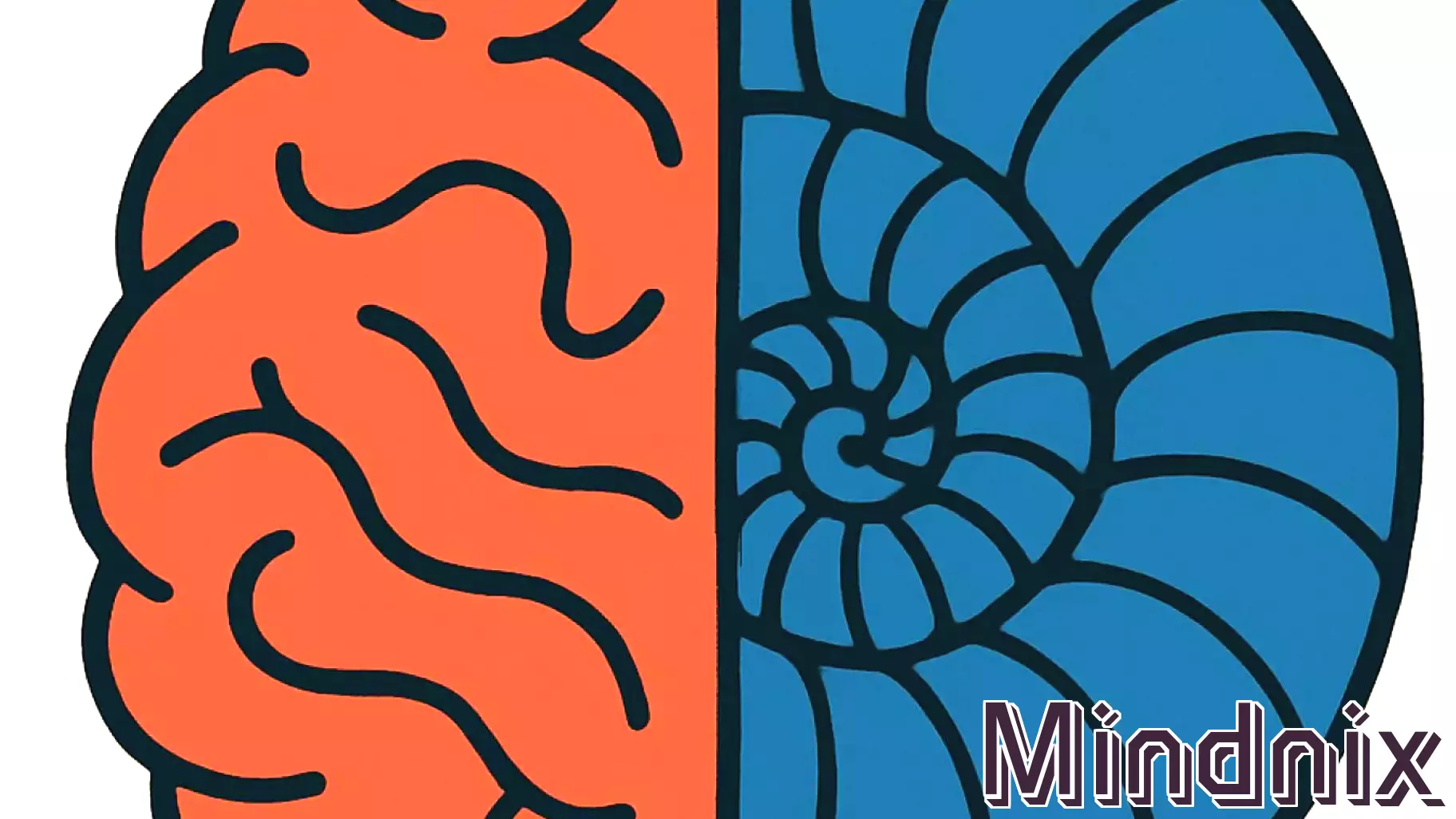April 19, 2025 - 04:20

In the rapidly evolving landscape of artificial intelligence, a compelling debate is emerging around the nature of AI cognition. Rather than instilling true understanding or independent thought, researchers are increasingly recognizing that AI systems are primarily designed to replicate human experiences and knowledge from the past. This phenomenon raises questions about the authenticity of AI intelligence, as it operates based on patterns and data without any comprehension of the underlying meanings.
AI's ability to process vast amounts of information allows it to generate responses that can seem remarkably insightful. However, this imitation of human-like reasoning is superficial, as the technology lacks the ability to grasp context or nuance. The implications of this limitation are significant, influencing everything from creative industries to decision-making processes in various sectors.
As AI continues to advance, the distinction between genuine understanding and mere replication becomes increasingly critical. Society must grapple with the consequences of relying on systems that can mimic human cognition but do not possess the capacity for true thought or awareness.



